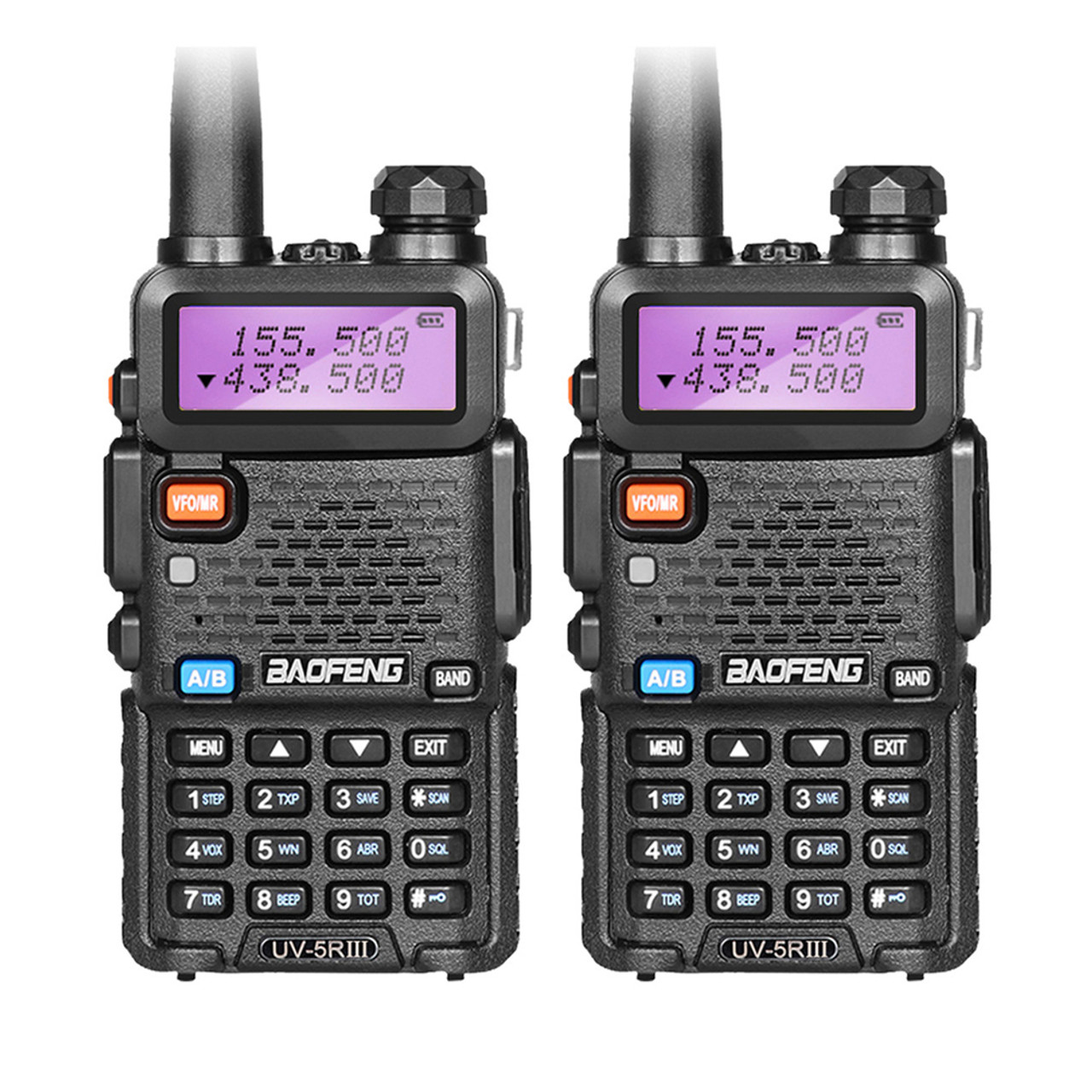In today's rapidly evolving world, security is of paramount importance. With the increasing complexity of threats and the need for effective communication, radio communication has emerged as a vital tool in the security industry. This article explores the multifaceted aspects of radio communication in security, highlighting its significance, applications, and benefits.
- The Fundamentals of Radio Communication:
Radio communication is a wireless technology that enables the transmission and reception of signals through radio waves. It involves the use of radio frequencies to establish a reliable and secure means of communication. In the security sector, radio communication plays a crucial role in facilitating real-time information exchange, coordination, and response. - Applications in Security:
2.1. Emergency Response and Public Safety:
Radio communication is indispensable in emergency response scenarios, such as natural disasters, terrorist attacks, or public safety incidents. It enables seamless communication between first responders, law enforcement agencies, and other security personnel, ensuring efficient coordination and swift action. The instant and reliable nature of radio communication allows for quick decision-making and the dissemination of critical information.
2.2. Surveillance and Monitoring:
Radio communication systems are extensively used in security surveillance and monitoring operations. From CCTV control rooms to patrolling teams, radio devices enable effective communication between personnel, enhancing situational awareness and response capabilities. Real-time updates, alerts, and instructions can be efficiently transmitted, ensuring a coordinated and proactive approach to security.
2.3. Access Control and Intrusion Detection:
Radio communication technology is integrated into access control and intrusion detection systems, providing a robust and secure means of communication between various components. This enables seamless integration of security devices, such as card readers, biometric scanners, and alarms, ensuring reliable and instant communication for access authorization and threat detection.
- Benefits of Radio Communication in Security:
3.1. Reliability and Resilience:
Radio communication systems are designed to operate in challenging environments, including areas with limited or disrupted network coverage. Unlike traditional cellular networks, radio communication is not dependent on infrastructure, making it highly reliable and resilient. This ensures uninterrupted communication, even in remote or disaster-stricken locations.
3.2. Enhanced Privacy and Security:
Radio communication offers a higher level of privacy and security compared to other communication methods. Advanced encryption techniques and secure protocols protect sensitive information from unauthorized access and interception. This makes radio communication an ideal choice for transmitting confidential or classified data in security-sensitive operations.
3.3. Scalability and Flexibility:
Radio communication systems can be easily scaled and adapted to meet the evolving needs of security operations. Additional devices can be seamlessly integrated into the network, expanding coverage and capacity as required. Moreover, radio communication allows for flexible deployment, enabling security personnel to communicate across different locations and scenarios.
Conclusion:
Radio communication has revolutionized the security industry by providing a reliable, secure, and efficient means of communication. From emergency response to surveillance and access control, its applications are diverse and indispensable. The benefits of radio communication, including reliability, privacy, and scalability, make it an essential tool for enhancing safety and efficiency in security operations. Embracing the power of radio communication can empower security professionals to tackle emerging challenges and ensure a safer future.


